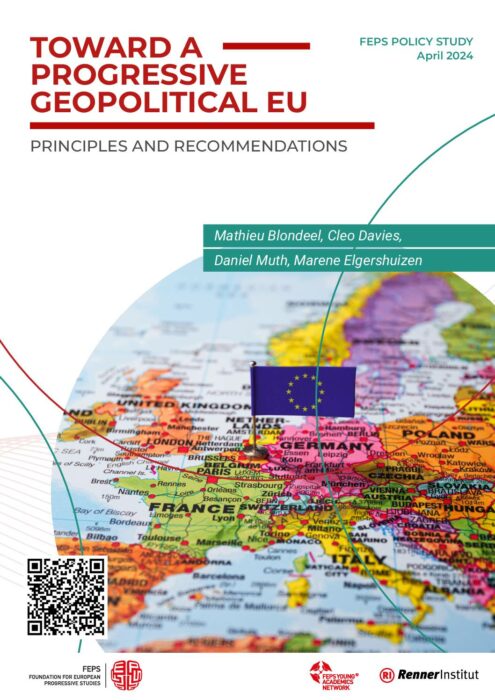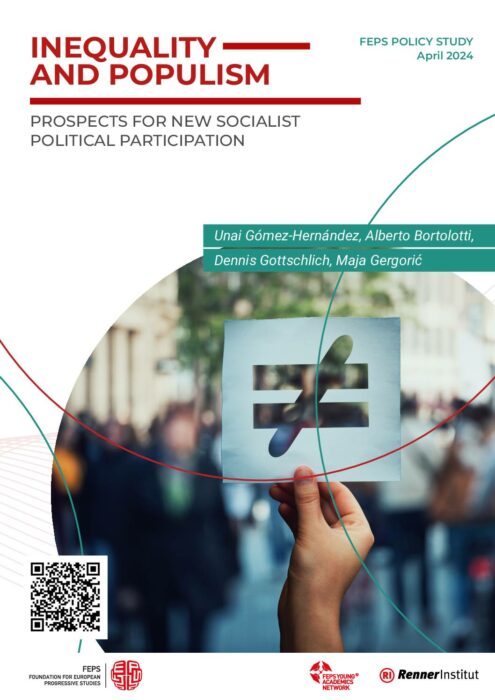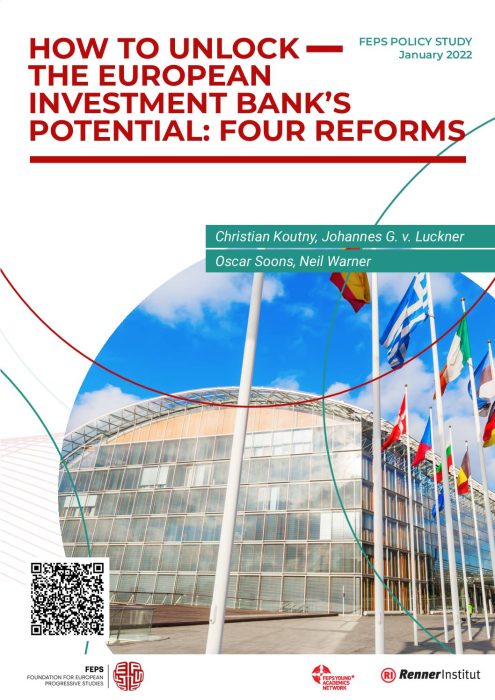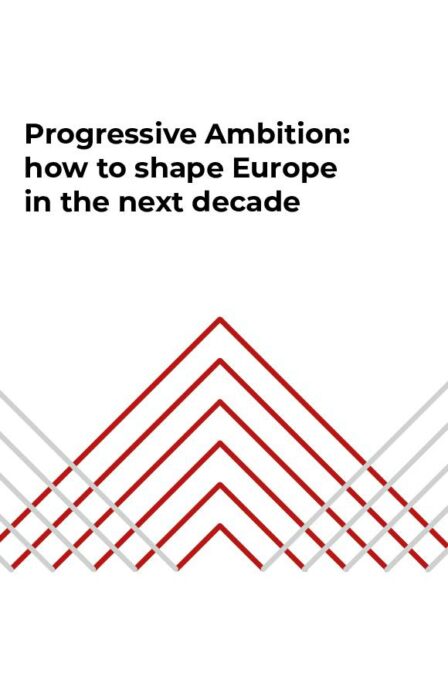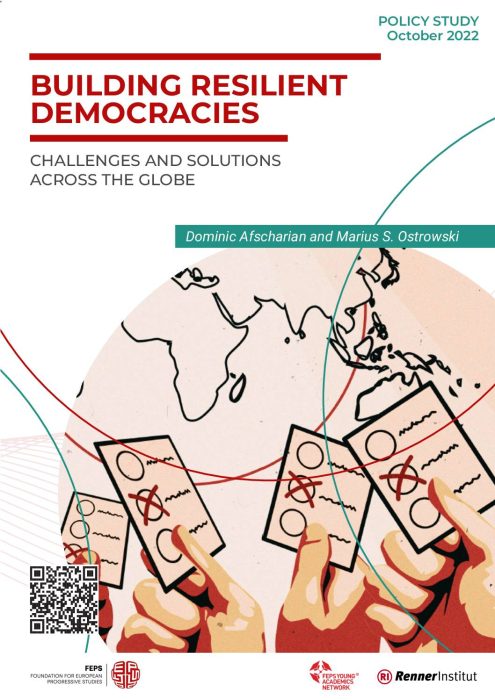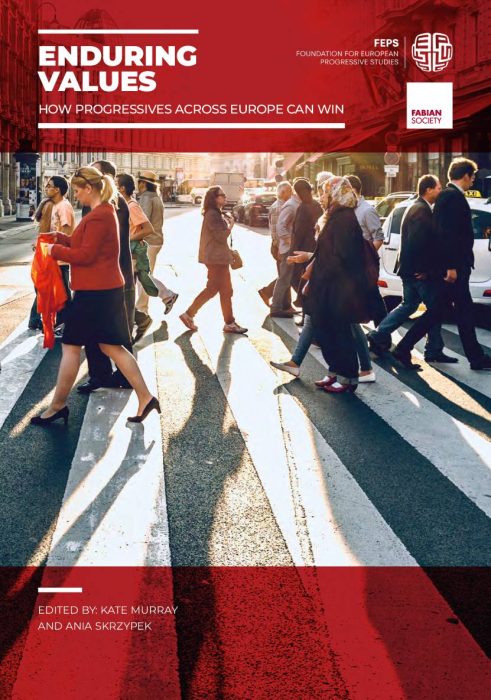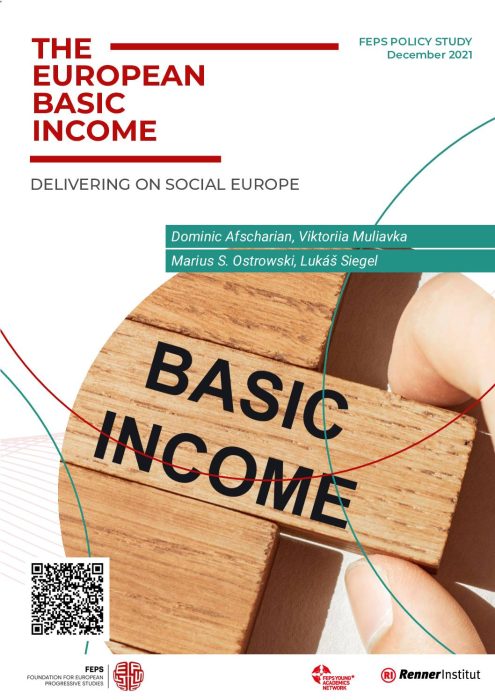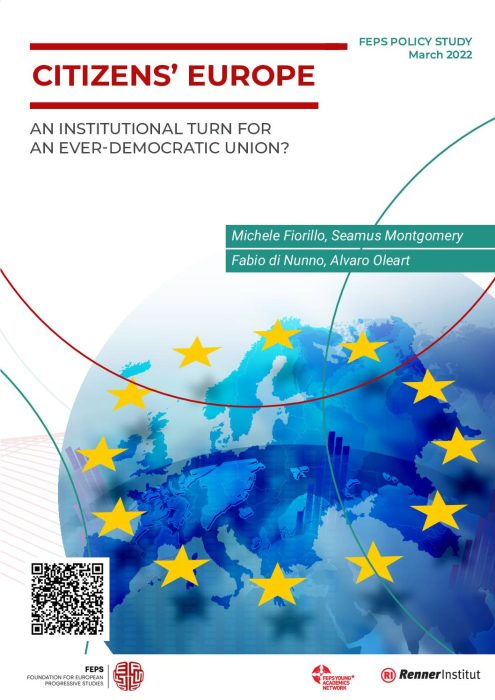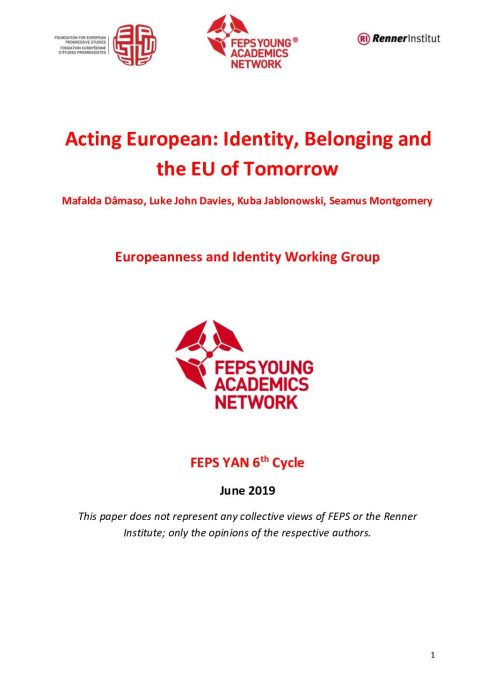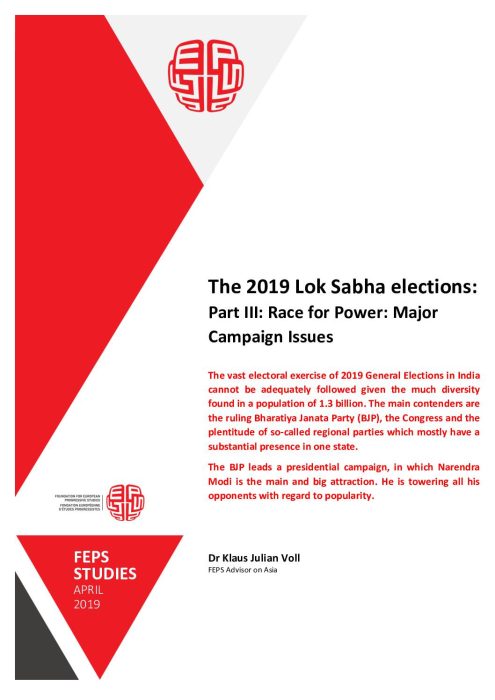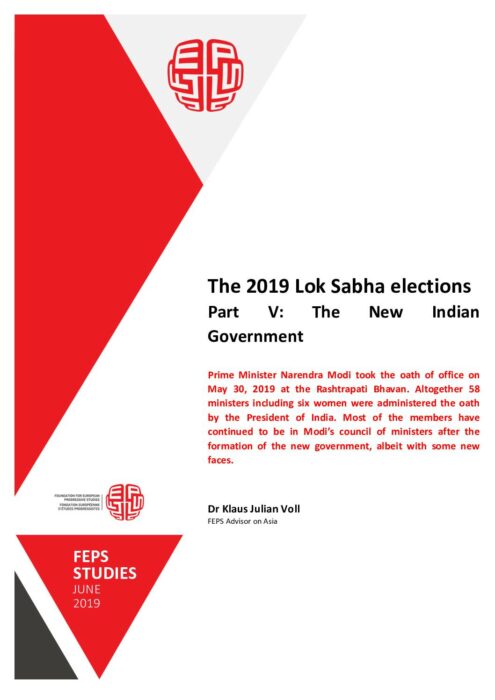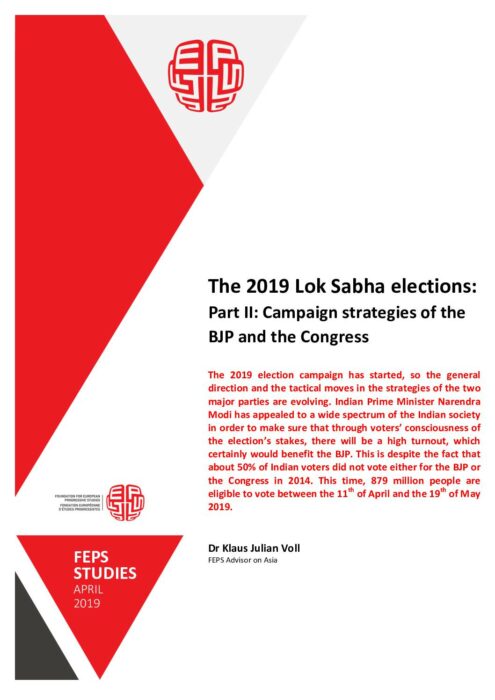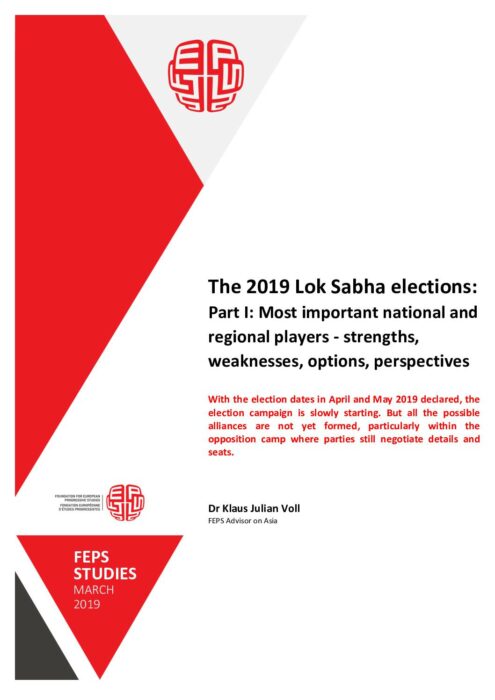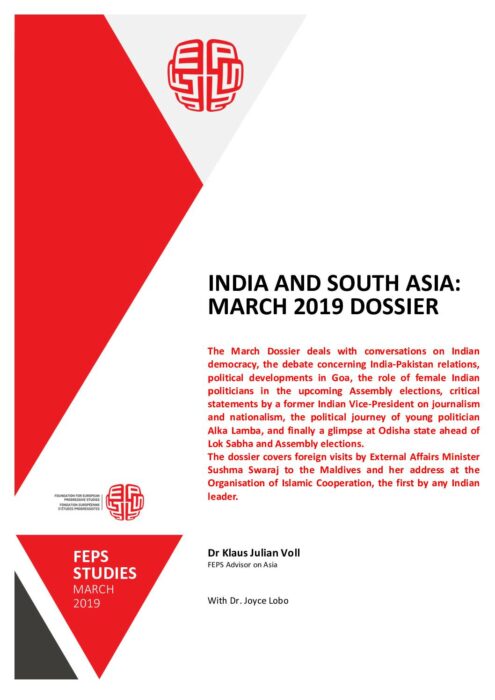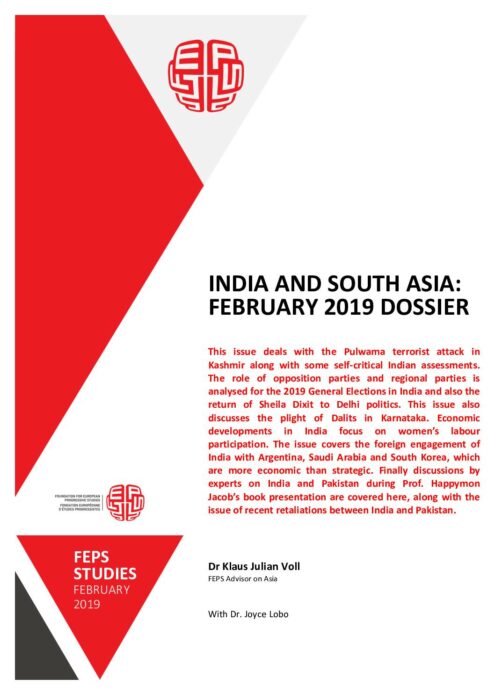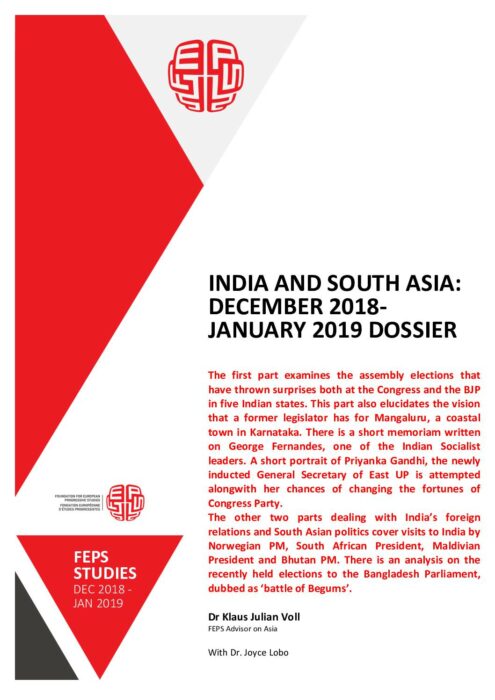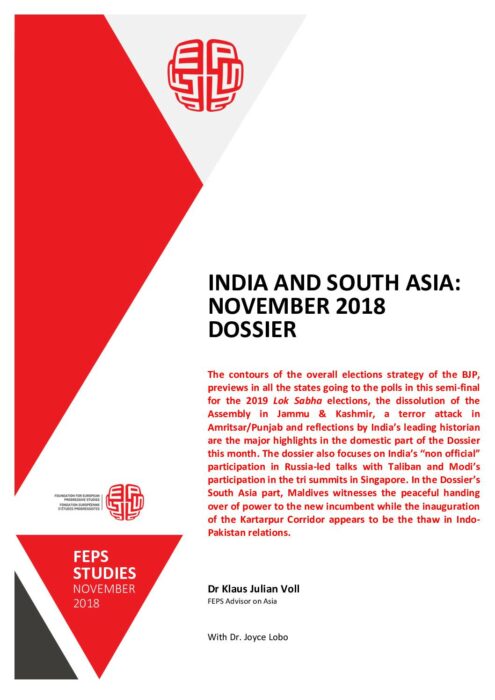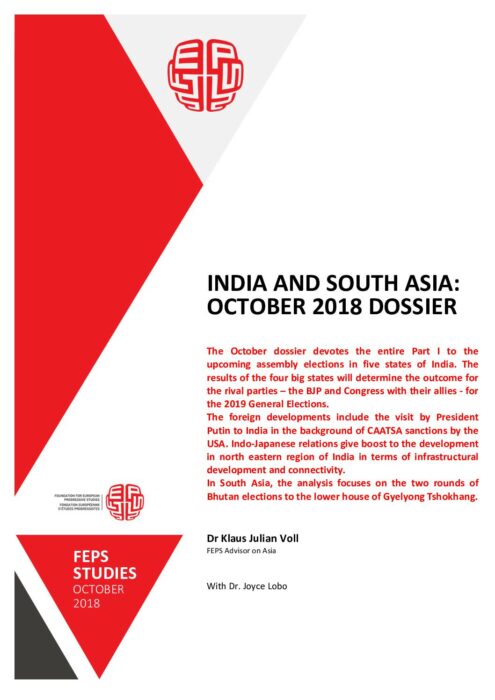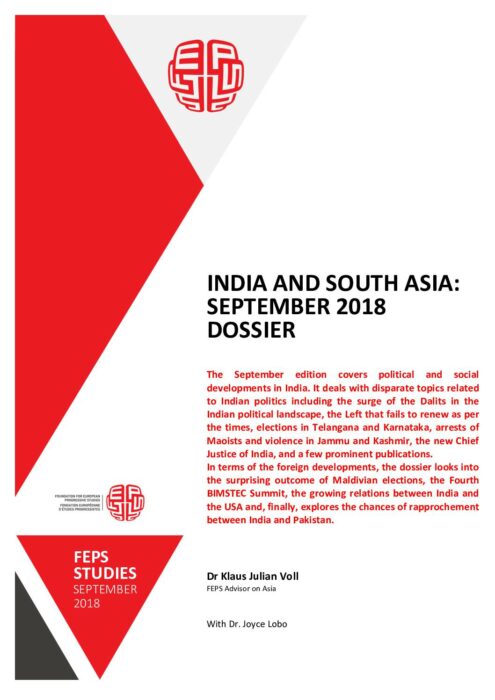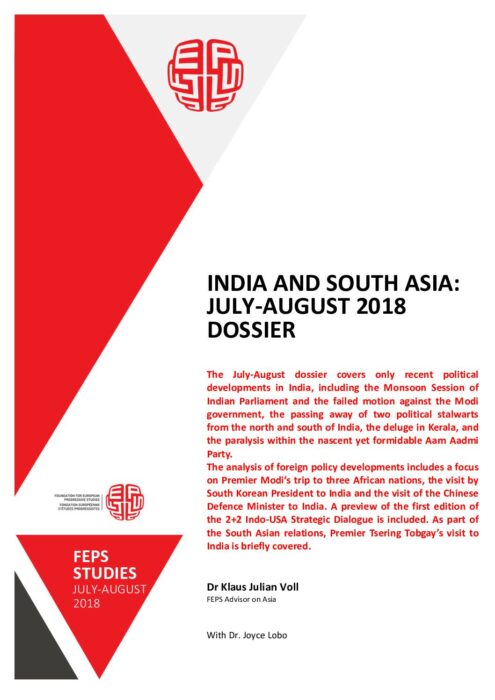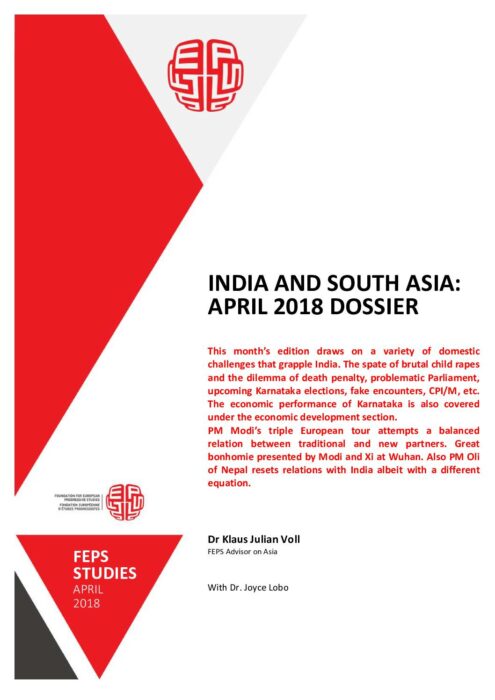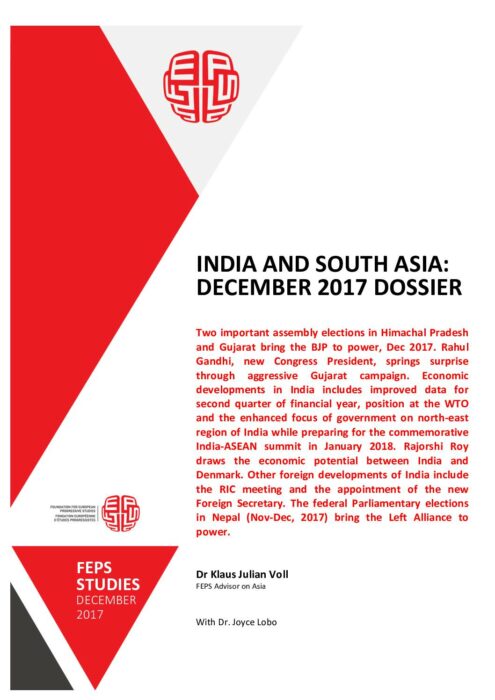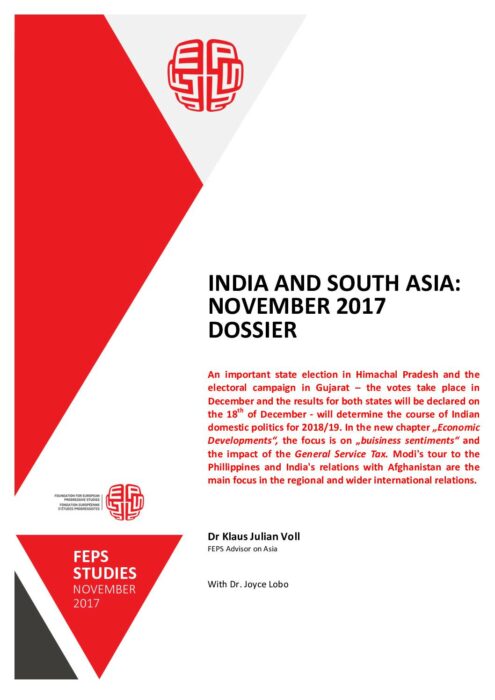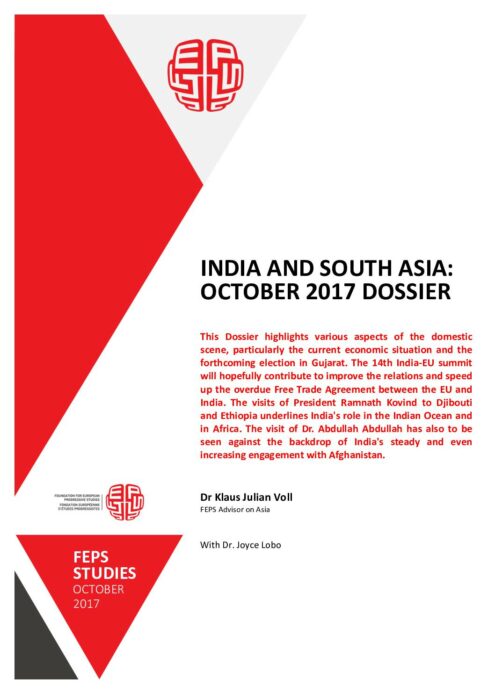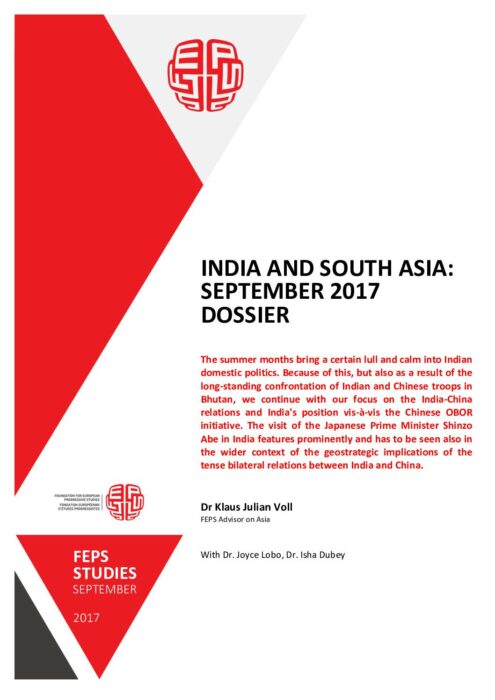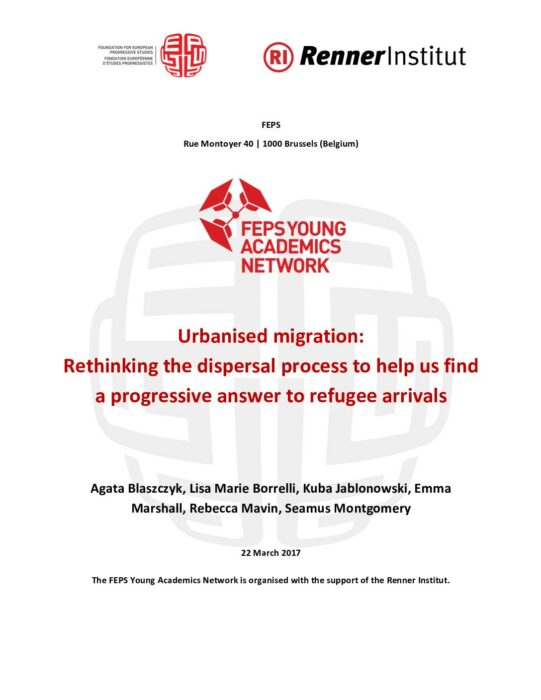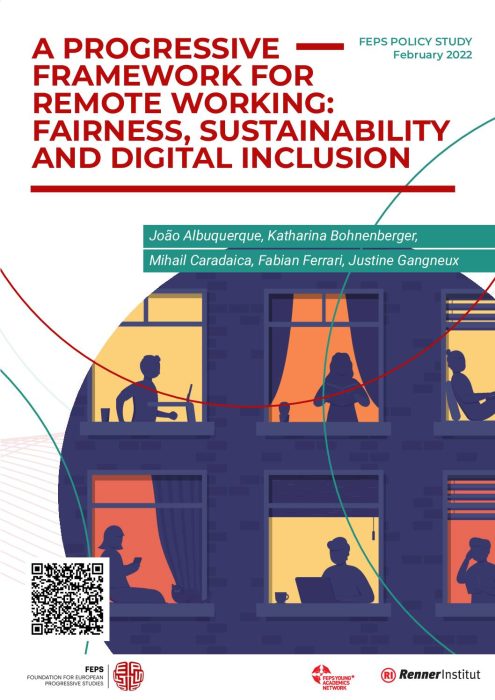Senior Research Fellow at University of Warwick, UK.
Cleo is currently Senior Research Fellow working on the EU-UK relations at the University of Warwick with Professor Hussein Kassim. Much of the research work she does is at the interface of research and policy. She recently finished a joint Royal Society of Edinburgh - University of Edinburgh project on 'Rethinking Policy Impact'. She is an associate Fellow of the Higher Education Academy and has taught at Edinburgh University since January 2016. Edinburgh is where she currently lives and where she did her PhD on the European Commission’s response to the Global Financial Crisis 2008-2010. Before academia, she worked at European level for five and a half years, first as a political advisor in PES and then as a policy officer representing local and regional authorities at European level.
Principles and recommendations
In the face of a rapidly evolving geopolitical landscape, marked by global tensions and environmental challenges, this report outlines the evolution of the EU towards a geopolitical union. With the 2024 European elections approaching, the report proposes principles, which, taken together, provide for a dynamic, applicable framework that serves as a basis for practical engagement and policy formulation in fostering a progressive EU geopolitics.
Political Mentor: Andreas Schieder, S&D MEP and Co Chair of Global Progressive Forum
Academic Mentor: Dimitris Tsarouhas. Professor of International Affairs. Global Fellow, The Woodrow Wilson Center for International Scholars
Senior Research Fellow at University of Warwick, UK.
Postdoc researcher at the the Institute for Environmental Studies (IVM) at Vrije Universiteit Amsterdam
Elected delegate to the Party of European Socialists and Vice-President of Rainbow Rose
Assistant Professor of Global Energy and Climate Politics in the Institute for Environmental Studies (IVM)
